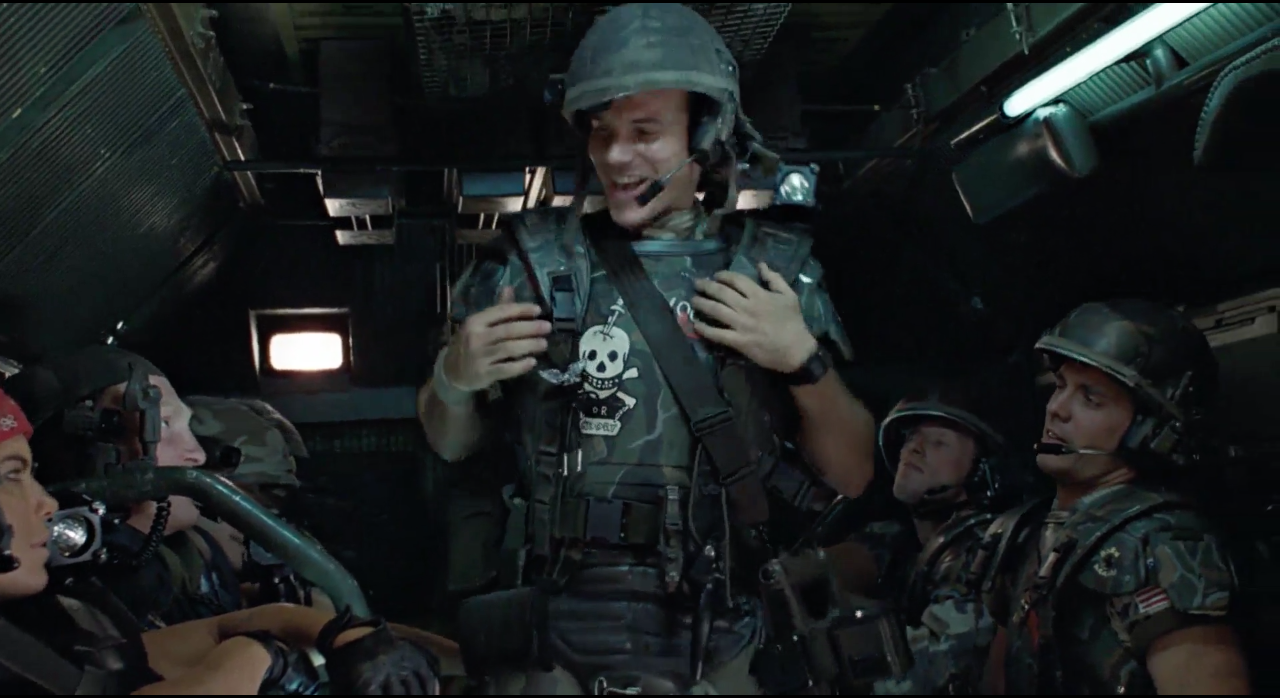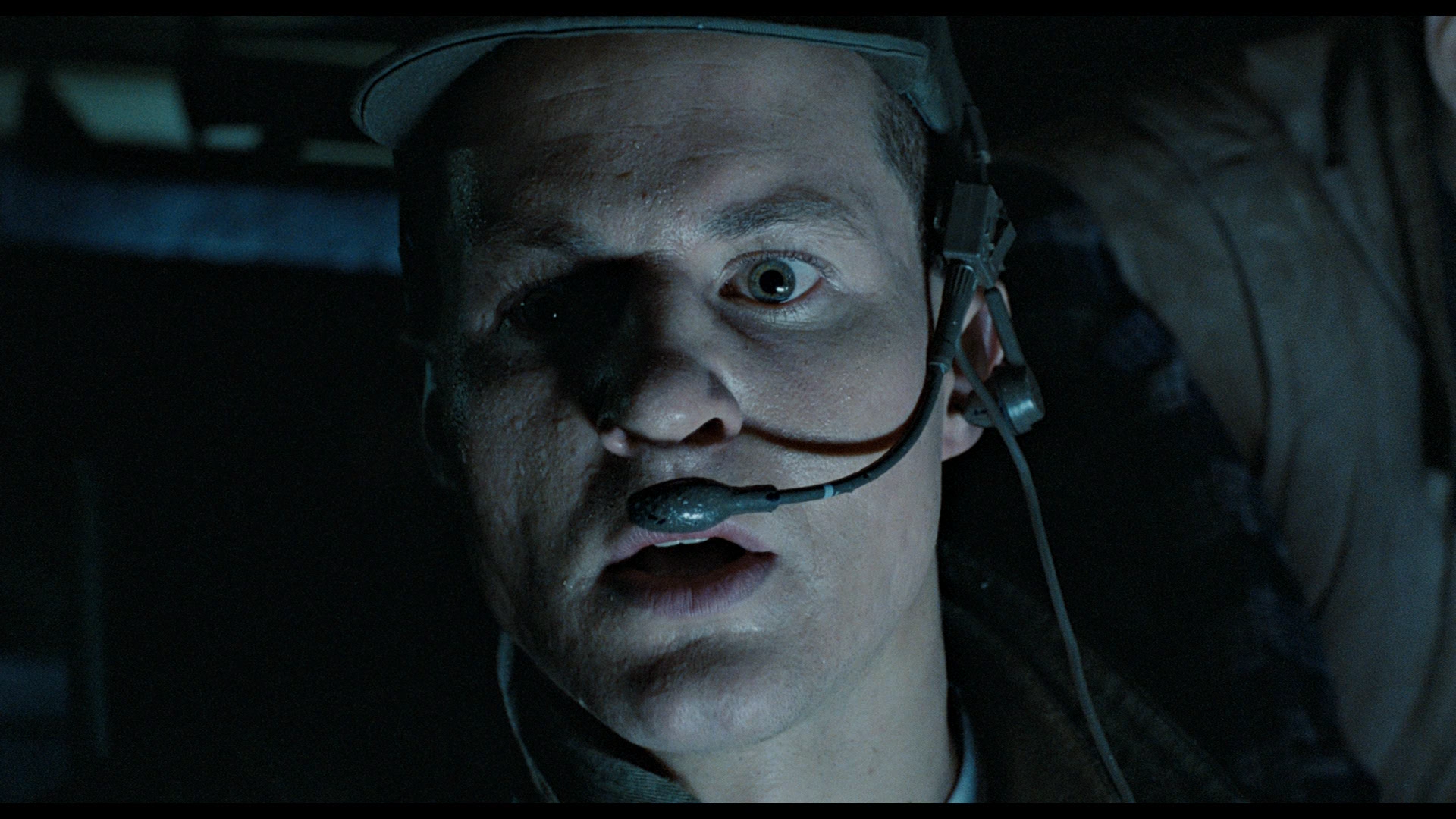The War on Aliens
Moviephors – Metaphors in Movies, an Introduction
Here is a quick breakdown on the concept of this article. Every other Sunday I will be posting a small
essay on the metaphors or symbolism found in a particular film. Said metaphors may not be direct, but
in fact may often be subjectively perceived by me or even incidental to the point of being prophetic. The
primary intent is to exercise the mind when viewing a film, looking at it through your own unique
perspective on the world. By doing so you realize you are experiencing a film in a way only you can, and
it can make the experience all the more enjoyable and rewarding.
1:1 – The War on Aliens [Aliens and the Vietnam War]

For our first entry we will be looking at the classic scifi horror actioner Aliens. Arguably one of the best
scifi horror films ever made, comparable only to the original film Alien in quality and execution, the
James Cameron masterpiece was lauded for its special effects, solid cast, and fantastic storytelling. It
defined the perfect delivery of a sequel from which every movie should reference for how to proceed an
original work. Yet Aliens was a double-edged sword in its approach, and was in many ways a
commentary to an oft-lambasted American war from about a decade earlier.
Many in the public eye during the late 1960’s into the early 1970’s considered the United States’
involvement in the war to be a thorn in the side of the populace as a whole. To this day, it is widely
regarded as a black mark on our nation’s history, both in intention and execution. When looking at
Aliens through this lens, you can see that in many ways it portrayed the public image of the war.
One needs only look to several main characters to find the similarities.

Private Hudson plays the part of a military grunt. Much of his battle-scarred attire is reminiscent of the
gear worn during the Vietnam War, but with a futuristic twist. His demeanor and behavior also devolve
as the film plays out in a similar fashion to that of ‘Nam, as his over-confident perspective quickly spirals
into a pit of despair and hopelessness.
The aliens play their part as well, using the advantages of their environment against the intruders to
outmatch with strategic attacks, despite a technological disadvantage. This is similar to ‘Nam in that the
Viet Cong soldiers were adept with their environment and it allowed them to equalize the battlefield
despite a technological disadvantage to the American weaponry and arsenal.

Lieutenant Gorman represented the ineptitude perceived of the commanders of the American army
during the Vietnam conflict. Their overall lack of preparedness and inability to adapt to the environment
and strategic advantages of their opponent have been considered responsible for the unnecessary
deaths of many soldiers. That last sentence pertains to both.
The institutional fabric of America is entwined with its corporate greed and capitalism, which in its
militaristic form is considered partially responsible for the United States involvement in Vietnam. This is
represented in Aliens by the sniveling corporate weasel Burke, whose ability to manipulate the
circumstances of the situation in a financially beneficial favor for himself and the entities he represents
inevitably led to the most horror-oriented scene of the film, and Burke’s eventual demise.
The Vietnam War is a common idol in cinema for critique and/or satire. Even the scifi horror genre
jumped into the action. What followed was one of the best films ever made. But with the subtle
meanings displaced by a cast of ‘Nam-like characters, we get a fresh parallel on the war without the
overly blatant material. Although subtlety and Aliens aren’t generally terms congruent with one another
when a chest-burster takes center stage, in this case it works.
-Dalton
